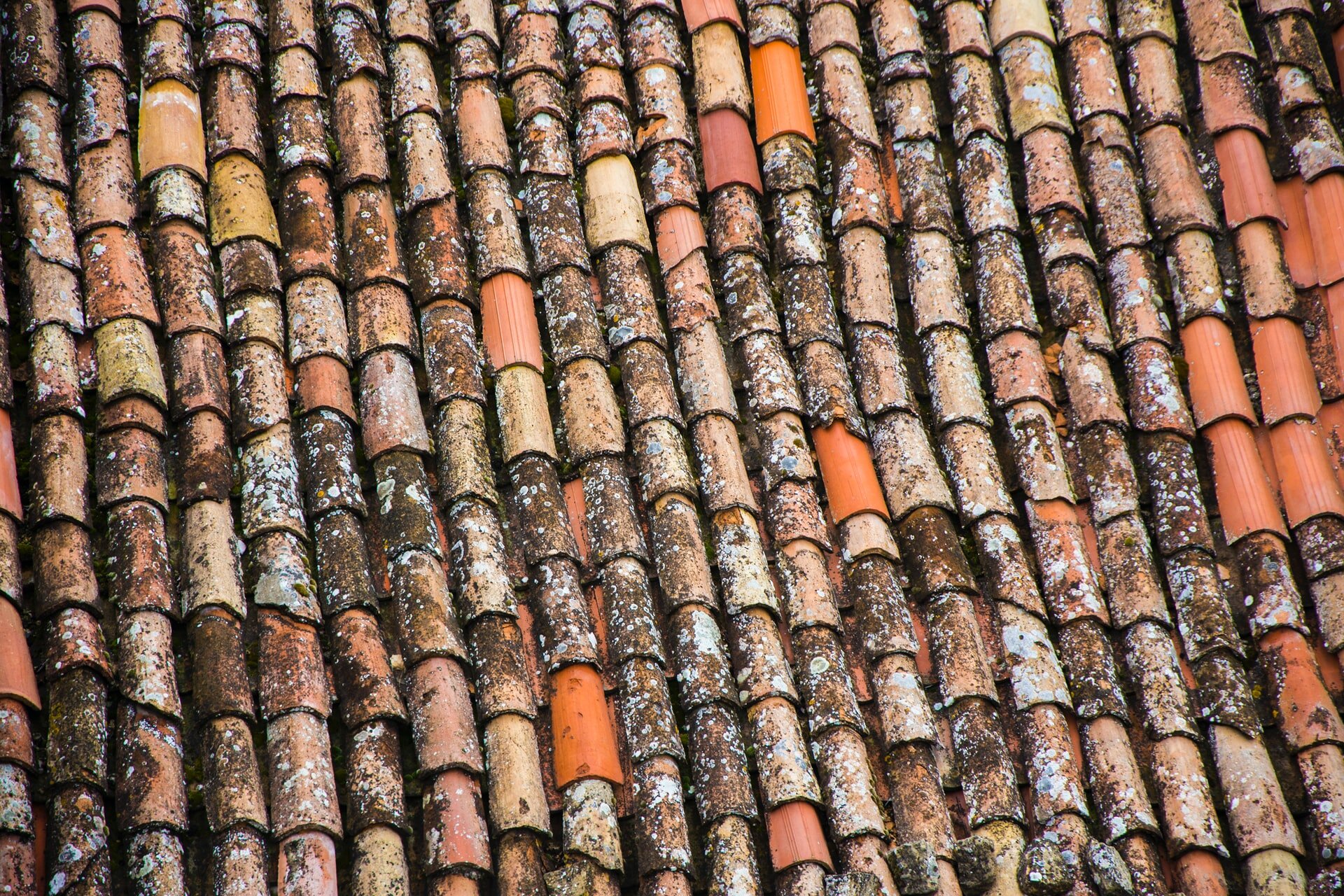How to Pick the Best Material for Your Home's Roof Repairs
Whether you are looking for new or roof repair materials, the choice of roof material can affect your roof's lifespan, aesthetic value, durability, and performance. Currently, there are many types of roofing materials such as asphalt shingles, wood shakes, concrete tiles, and synthetic materials. These materials have different qualities that need to be carefully considered. Thus, deciding the material to use for your roof replacement can be a daunting task. However, the following tips will help you in choosing the right materials for your roof.
Architectural Style
Having an idea of your house's style and age will help you choose a suitable repair material for your roof. For instance, if your house has historical characteristics, you may want to consider opting for materials that complement the time. Conversely, if your house is of a modern architectural style, any types of repair materials can complement your roof. In some cases, neighborhood associations may restrict to a type of material used.
Energy Efficiency
Different roofing materials have varying thermal properties. Also, it is worth noting that the type of material used determines your energy bills. For instance, metal roofs and asphalt shingles reflect away sunlight, keeping your house cool. As a result, your cooling systems won't have to work harder to regulate thermal temperatures, hence, reducing your energy bills. Also, certain roofing materials are better suited for particular climatic conditions.
Cost
It is crucial to contact a roof repair company to estimate the cost of various types of roof repair materials. The cost of roofing materials varies greatly, depending on the material, energy efficiency, and lifespan. For instance, shingles that have a lifespan of less than 20 years are inexpensive compared to those expected to last for close to 50 years. Also, it is crucial to assess the durability and the cost of maintenance for different roof materials.
During replacement, it is essential that you calculate the total cost of owning a roof throughout its entire lifecycle. Evaluate the cost of installation, repairs, maintenance, and disposal.
Climate Conditions
When selecting roofing materials, it is essential to consider the local climate. For instance, if you live in the highlands, choose materials that withstand heavy rains or a sloping roof that allows snow and water to drain easily. To limit roof damages and save on maintenance costs, choose materials that can withstand multiple kinds of harsh conditions.
Roofs play a fundamental role in protecting households from harsh conditions and providing security. Thus, selecting the right material for your roof is extremely important and cannot be overlooked. The highlighted factors will help you make informed decisions when choosing a roof.


